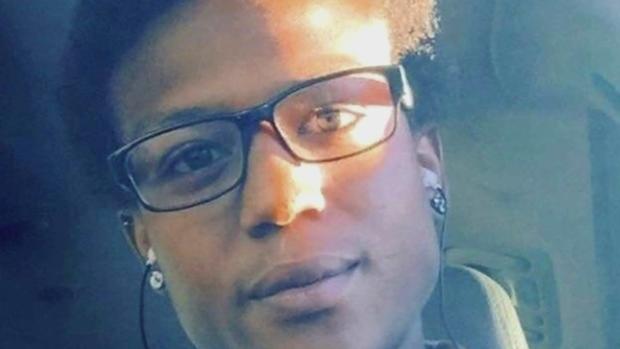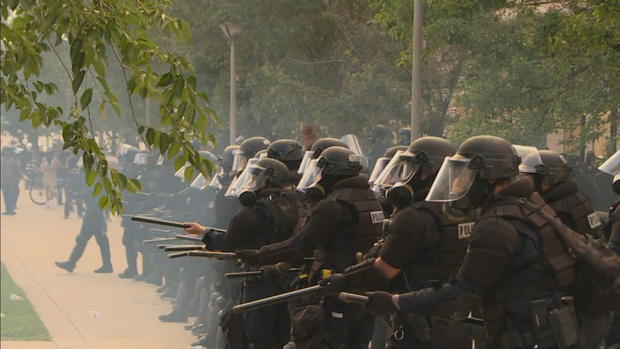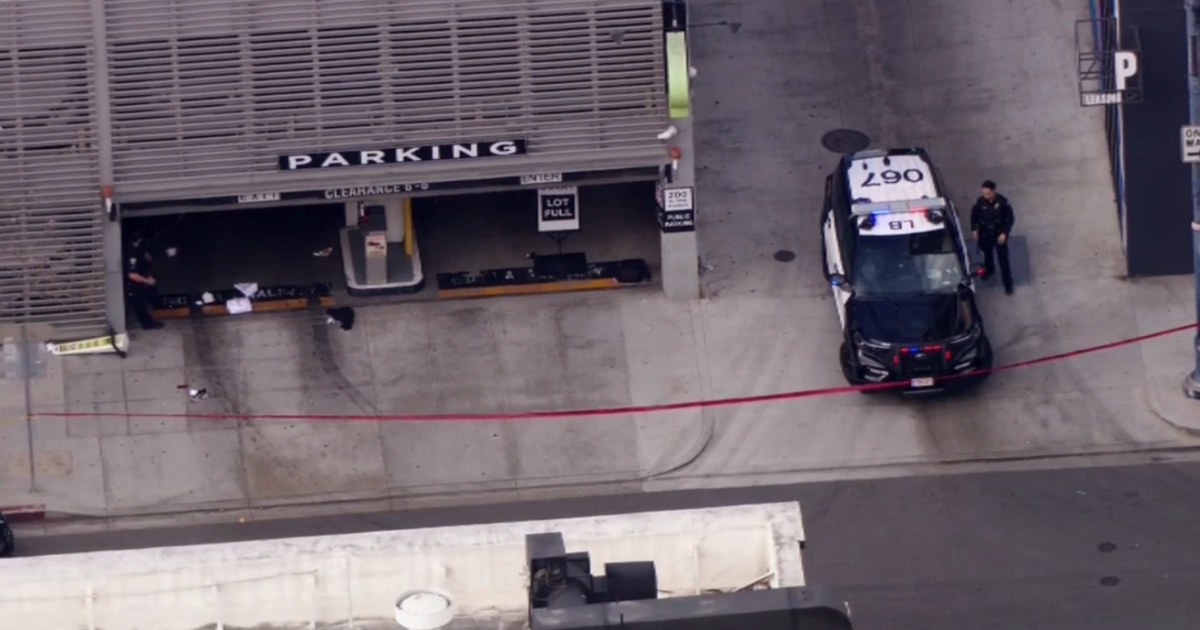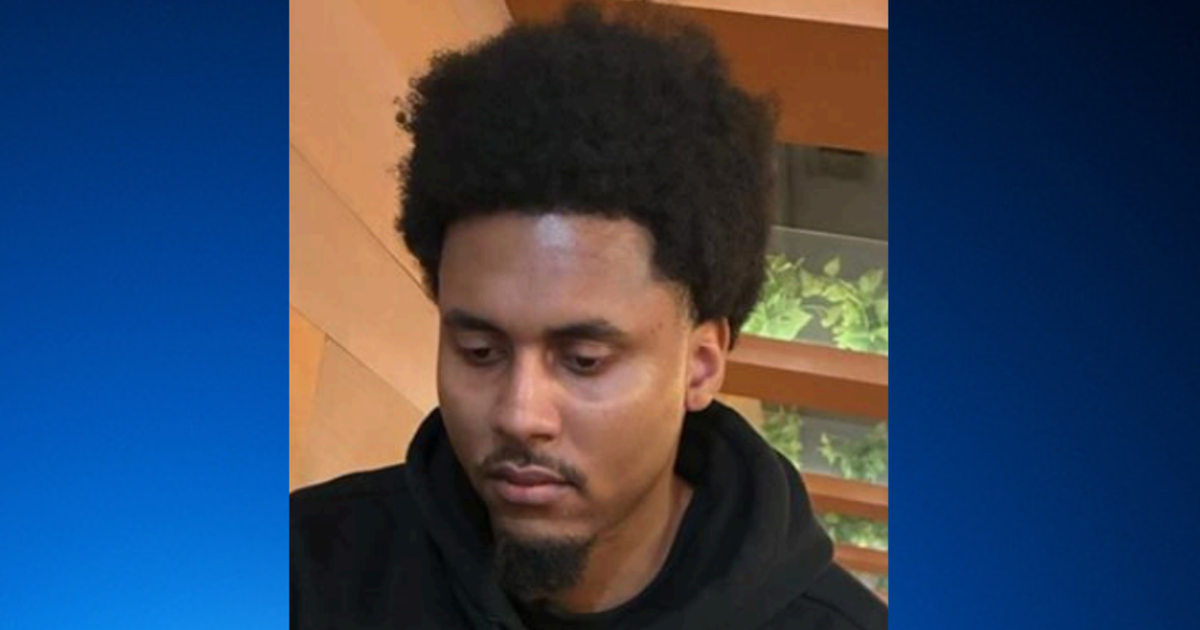Aurora's Mayor Expects Consent Decree For Police Department, Training Mandate
AURORA, Colo. (CBS4)- The Aurora Mayor Mike Coffman is expecting Colorado Attorney General Phil Weiser to come forward with a consent decree that would require the city's police department to make numerous changes. What happened on Aug. 24 of last year to Elijah McClain could now possibly lead to strict oversight of the department that took him into custody.
McClain was confronted by police while he was walking home. He later died after being held by police and injected with a sedative, ketamine, by paramedics.
Candice Bailey, a McClain family spokesperson told CBS4 on Tuesday, "We have not stopped. Time's up APD we are coming for you. This doesn't change a single thing."
The lawsuit filed Tuesday by McClain's family revealed he was detained by not one, but two carotid holds, a hammerlock, and his muscles separated which causes pain. He was held down for 18 minutes.
Now, Coffman said he is expecting the Colorado Attorney General's Office to come to them with a consent decree.
His says areas could include, "Training, perhaps recruiting, you need to have a force that better reflects the diversity of our community."
The lawsuit by the McClain family, filed in federal court, contends a history of patterns and practices by the Aurora Police Department that establishes racial biases. Now, a total of five investigations are underway.
"I think at this point in time the next step has to come up with something that would mandate supervision for our department," said Coffman.
Some of the investigations have been initiated by the City of Aurora itself to examine what changes may be needed.
One inquiry requested by the City Manager and Chief of Police involved hiring the company 21CP which has a history of examining and making recommendations to police departments across the country.
The Aurora City Council, through the city manager, brought in Jonathan Smith of the Washington Lawyers Committee for Civil Rights and Urban Affairs to examine the police actions and handling of the Elijah McClain case.
Another probe is being done by the Citizens Task Force that is trying to determine if there should be more civilian oversight on the police department.
The Colorado Attorney General is looking at the decision not to charge the police officers with any crime in the Elijah McClain case, as well as whether there has been a pattern of practices involving racial biases.
The U.S. Department of Justice is conducting a similar two pronged probe. The FBI is trying to determine if any federal criminal laws were broken in the McClain case and the Civil Rights Division in Washington is also looking into the police department's history in cases involving minorities.
While awaiting the outcomes of the various investigations, Coffman said change is coming, "I would make sure that what Aurora says it is going to do, it does."











